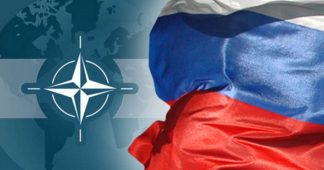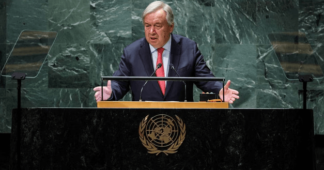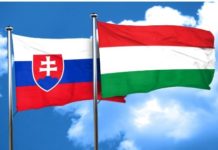The siege of Leningrad during World War II killed over 1.5 million. Here is why Russian President Vladimir Putin has compared that to what Israel is now doing in Gaza.
By Arjun Sengupta
October 15, 2023
Russian President Vladimir Putin cautioned Israel on Friday (October 13) against besieging Gaza in the same way that Nazi Germany besieged Leningrad, Reuters reported.
The siege of Leningrad (St Petersburg) was one of the most deadly sieges in history, killing an estimated 1.5 million, mostly civilians, between 1941 and 1944. Some 21st century scholars have used the term “genocide” to describe the siege, specifically referring to the systematic starvation and intentional destruction of the city’s civilian population.
We take a look at the siege of Leningrad and Putin’s personal connection to it.
With Operation Barbarossa, Hitler decided to turn against the Soviet Union, previously a German ally, in the summer of 1941. While eventually a catastrophic failure, Barbarossa was devastating for the Soviets as well, killing millions. The siege of Leningrad is perhaps most emblematic of the kind of price the Soviets paid to defeat the Nazis.
The former capital of Russia, Leningrad was a symbolic as well as strategically valuable target. The Soviets were aware of this and before German forces reached the city, the administration mobilised at least a million citizens to fortify and build several lines of defences. These defences, coupled with the 200,000 Red Army soldiers and Germany’s own manpower crunch, made taking the city a difficult proposition. The Germans laid siege instead.
From September 8, 1941 to January 27,1944 — a period of 872 days — Leningrad was under siege, under constant German shelling, famine-like conditions, and the unforgiving weather of the Russian north. Roughly 650,000 Leningraders perished in 1942 alone. The situation was particularly dire in the peak winter when temperatures plummeted to minus 30 degree Celsius — in January and February 1942, around 100,000 Leningraders were dying each month.
By the time the Red Army broke the siege, 1.5 million souls had perished in Leningrad, with half a million more dying during attempted evacuations. Around 470,000 civilians and soldiers were buried in mass graves in St Petersburg’s Piskariovskoye Cemetery alone.
Tragedy of an unthinkable scale
The scale of tragedy in Leningrad is almost unimaginable — Russian casualties during the siege were bigger than combined American and British casualties during the entire war, as per an evaluation done by the US Military Academy. This scale makes it near impossible to compare what happened in Leningrad with anything that has happened since.
The Germans in Leningrad targeted civilians by cutting off supplies — what some scholars have referred to as “systematic starvation”. Historian Jorg Ganzenmuller told DW in 2016 that the starvation of Leningrad was seen to be necessary to guarantee that there were enough supplies for the German army. As per German military doctrine, troops were supposed to be fed by the captured territories. This meant that supplying large cities was not in consideration.
The situation in Leningrad was so dire that people even resorted to cannibalism, with a couple thousand cases officially on record.
Vladimir Putin’s personal connection
One reason for Putin to invoke Leningrad is his own personal connection to it. While he was born six years after the siege was lifted, Putin lost his brother to the siege of Leningrad.
“My brother, whom I have never seen and did not know, was buried here, I don’t even know where exactly,” Putin said during the annual wreath laying ceremony at the Piskariovskoye Cemetery. Viktor Putin would have been only two when he passed away in 1942, most likely due to the cold and starvation.
In his book, First Person (2000), Putin described how his mother almost died of starvation. “She lost consciousness … and they put her with all the corpses,” he wrote.
We remind our readers that publication of articles on our site does not mean that we agree with what is written. Our policy is to publish anything which we consider of interest, so as to assist our readers in forming their opinions. Sometimes we even publish articles with which we totally disagree, since we believe it is important for our readers to be informed on as wide a spectrum of views as possible.











